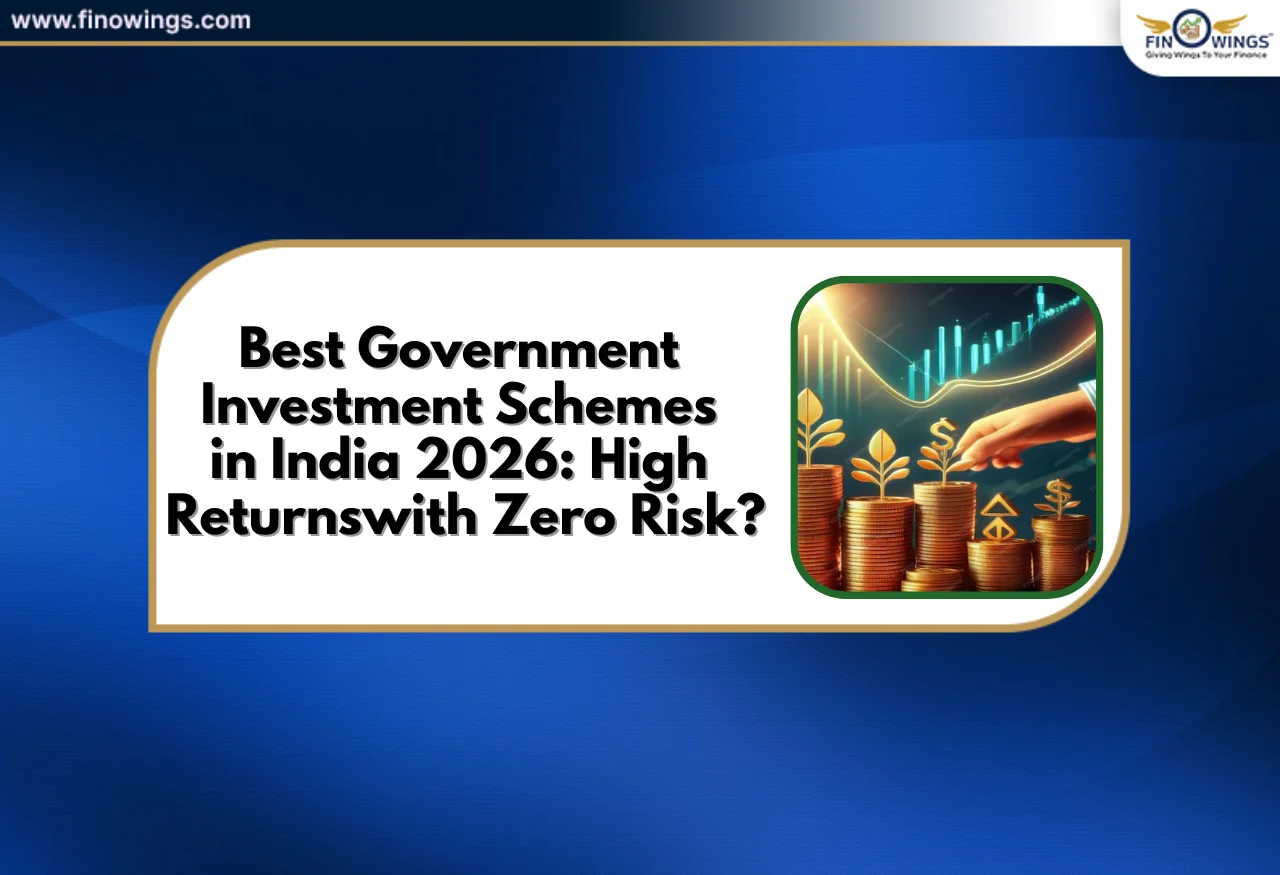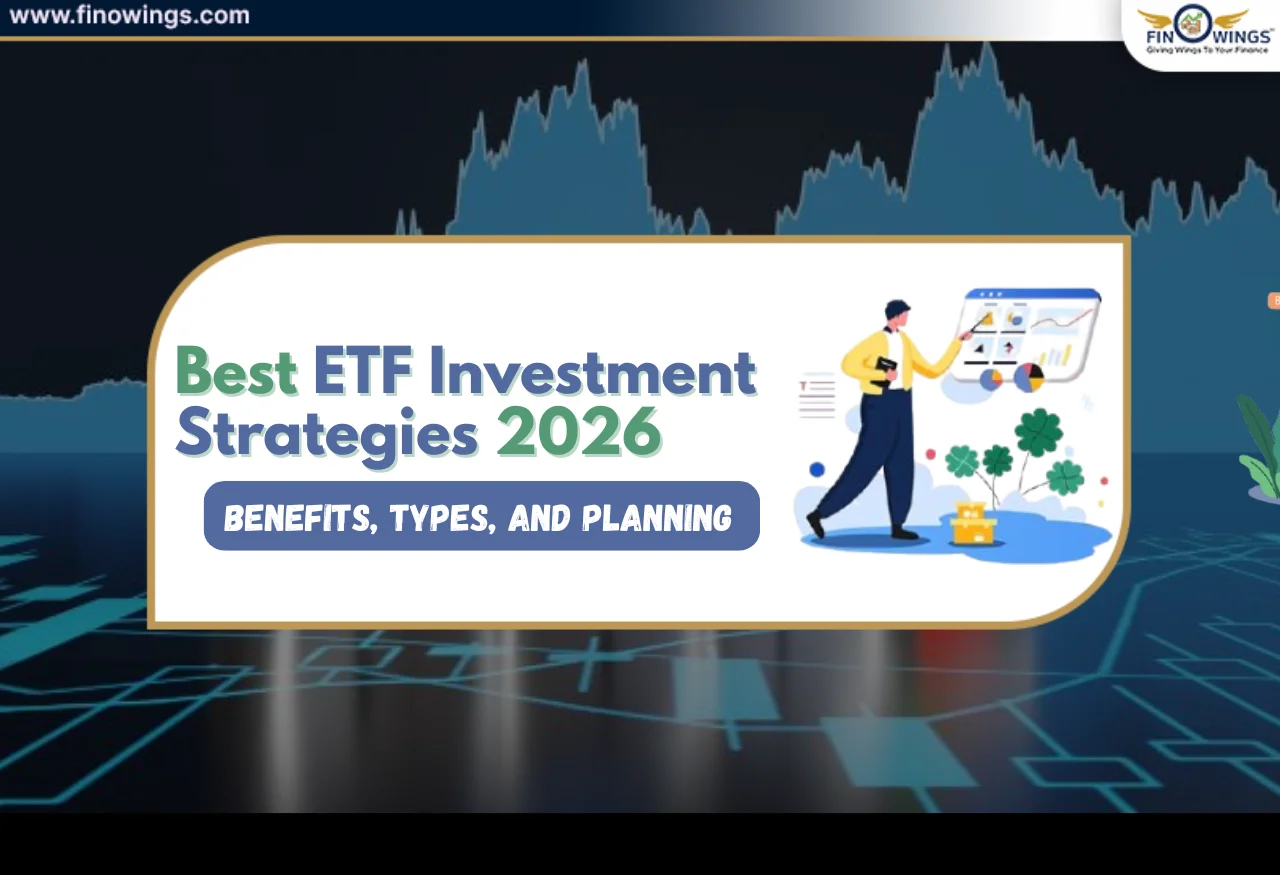Home >> Blog >> Know the Unlisted Shares
Know the Unlisted Shares

Table of Contents
Introduction
Market leaders in terms of valuations, the volume of services and goods provided, or market presence include Ola, Flipkart, PhonePe, Delhivery, and Byjus. However, these companies are not listed on stock exchanges, unlike industry titans including Tata, HDFC, and Reliance.
But does that modify the reality that they are developing at all? In reality, some of them are developing far more rapidly than their listed counterparts. Ahh! If only we had money to put toward these enterprises!
Investing in unlisted companies is a challenging but simple process to complete. Whenever you choose these solutions, everything you require is an eye for detail. It's not as difficult as you may assume. Let us help you make sense of the mystique surrounding buying unlisted shares.
This blog is essential reading for investors who want to follow a startup's development from the very beginning.
What are unlisted shares?
Unlisted shares are those of businesses whose stock is not traded publicly since it is not listed on any share market. The privileges afforded to shareholders of firms listed on stock exchanges including the BSE, NSE, and MSEI) are not accessible to those of such unlisted companies. In the future, shares of unlisted companies could be listed on stock exchanges. By connecting buyers and sellers for trades in these unlisted shares, we enable liquidity for present owners and allow new investors to take interest in the company's growth prospects.
Is it safe to buy unlisted shares?
Unlisted shares are traded over-the-counter (OTC), where buyers and sellers interact through middlemen yet exchange the instruments immediately. Therefore, dealing in unlisted shares carries a credit risk because this marketplace is neither structured nor controlled. Unlisted shares are, therefore, typically exchanged among businesses, sizable brokerage firms, and HNIs or institutional clients. Therefore, the risks are reduced based on the standing of the market players of unlisted shares. If you're able to select the ideal intermediary for dealing in unlisted shares, the risk also falls.
The primary risk, meanwhile, is inherent in the investment decision, which is determining if the company whose unlisted shares you are purchasing will go public, if the price of shares will rise, or whether it will fail due to lack of business. While dealing in any unlisted share, the only choice is to do thorough research of the company's fundamentals and other variables.
Methods of investing in Unlisted Shares
The majority of us have no idea how to invest in unlisted companies using different strategies. But each of those approaches has specific advantages and warnings. Sneaky business, huh? Let's investigate them and determine them for yourself!
1. Pre-IPO Investment
With this approach, stock exchanges don't list companies' shares until after investors and traders have purchased and sold them. Illiquidity decreased transaction security and decreased compliance requirements so becomes a fact that must be faced.
Through a variety of middlemen, such as investment companies, that provide you with a platform to ease the exchange of unlisted shares, you can purchase the unlisted shares. With this approach, employee stock choices are used to purchase the shares that are being given to you (ESOPs).
However, you might attempt to book profits if these shares ever go public and their price soars. However, there is a catch in this situation! According to Indian Pre-IPO market investment restrictions, you are not permitted to sell these shares before six months have passed after the date of listing.
2. Private Placements
Another option is to speak with a dealer, financial planner, or institutional investor who can assist you in finding the pricing and valuing of an unlisted company. Additionally, they may be able to put you in touch with company promoters. At that moment, you can purchase a percentage of the shares they currently own. Private placements are one way to acquire shares from promoters.
3. PMS & AIF schemes
Portfolio Management Systems could also be used to participate in unlisted equities (PMS). By adjusting the weights of various assets in a portfolio in accordance with market perception, these customized share portfolios can assist you to diversify your risk.
Additionally, by investing through Alternative Investment Funds, buyers can direct their funds toward unlisted shares (AIFs). Maintain simplicity in your brain. AIFs are only a pooled investment vehicle that attracts capital from extremely wealthy people (HNIs) and massive institutional investors. The PMS requires a minimum investment of 50 lakhs, whereas the AIF requires a minimum investment of 1 crore.
4. Pre-IPO funds
In the same manner that mutual funds operate so does this strategy. Numerous financial planning firms, like Edelweiss Wealth Management and Trifecta Capital, offer a wide range of funds that invest entirely in recently listed companies along with upcoming initial public offerings (IPOs). This is a wonderful choice for retail investors who don't have a lot of capital but want to participate in unlisted businesses that are focused on growth.
Risks factors of investing in Unlisted Shares
Significant risks, including the following, are associated with investing in unlisted shares.
1. Liquidity Risk
The shares cannot be acquired or sold whenever you need them to because of the high minimum investment quantities and the lack of often transacting persons. This makes investments in scarcely traded shares.
2. Capital Loss
Investments in unlisted shares come with an additional risk of capital loss because these companies are not highly regulated and may knowingly participate in unethical behaviour that, if discovered, could result in the loss of all invested funds.
3. Risk of Dividends
Investors who own shares of a corporation before actually the Record date and on the Ex-dividend date are paid dividends in marketplaces. Interestingly, however, unlisted corporations do not have the notion of organized dividend delivery. As a result, they can decide not to provide you with any dividends at all.
4. Lock-in period
If you own shares of an unlisted firm in the hopes that their price will increase once they are public, tragic events cause the share price to continue declining. Can you get out of the investment?
Without a doubt! The previously mentioned fact states that you must continue to keep the stocks for the next six months in accordance with regulatory requirements.
5. Taxation norms
Profits from a purchase in unlisted firm shares are taxed in accordance with short-term capital gains regulations if they are sold within 24 months. Your revenue is increased by the profits from this, and you're then collectively taxed according to the tax bracket you are in.
Long-Term Capital Profits: Just after the indexation advantage, the profits from an investment in shares of an unlisted firm will be taxed at 20% if they are sold within 24 months. The impact of the level of inflation on it is used to alter the acquisition price of stocks under this.
However, the price taken into account for taxation will not be its trading price if the price of unlisted shares falls below the Fair Market Value (FMV), a notion familiar to unlisted corporations. It would prefer to have an approved financial firm determine its Fair Market Value.
6. Risk of Dilution
You are considered to own 50% of a firm if you own 50 out of the total 100 shares, but what if the firm wishes to generate additional funds by issuing 50 more shares? Since we assume you didn't subscribe for these additional 50 shares, your ownership percentage drops from the previously computed 50% to 33.33% as a result of the change in the overall amount of shares from 150 to 150.
As a result, you might consider the risk of dilution to be a danger brought on by the issue of new stocks entering the market.
Unlisted shares Valuation
The fair market value (FMV) approach is used to appraise shares that are not publicly traded. The underwriters or the investment bankers determine FMV for unlisted shares because there is no true market price for them as they are not traded on a stock exchange.
The book value of all the firm's liabilities (L) is subtracted from the book value of all the company's assets (A) to determine the fair market value. The sum obtained is then multiplied by the PV of equity shares and divided by the total PE of paid-up equity share capital as shown on the company's balance sheet.
FMV = (A-L) * PV/PE
The discounted cash flow approach, sometimes known as the DCF technique, is another technique for determining the value of unlisted shares. The present value of the shares is obtained by anticipating all future cash flows and then discounting them all at a specific rate. Although this strategy is challenging since all of the cash flows are expected rather than real, unlisted share investors still choose it.
Conclusion
If you choose the right unlisted shares, you might find that hidden gem. Investors may receive returns that are exponential. The fundamentals of the companies and the intermediary you will use to purchase the shares are the two most crucial factors to take into account when selecting an unlisted stock. Unlisted shares are extremely risky, particularly in terms of capital loss and liquidity risk. In addition, there is little to no information available on them. They do, however, have the potential to provide large returns once the business is listed on the stock exchanges. You will want to use extreme caution while investing in these stocks because they are exempt from regulations.

















